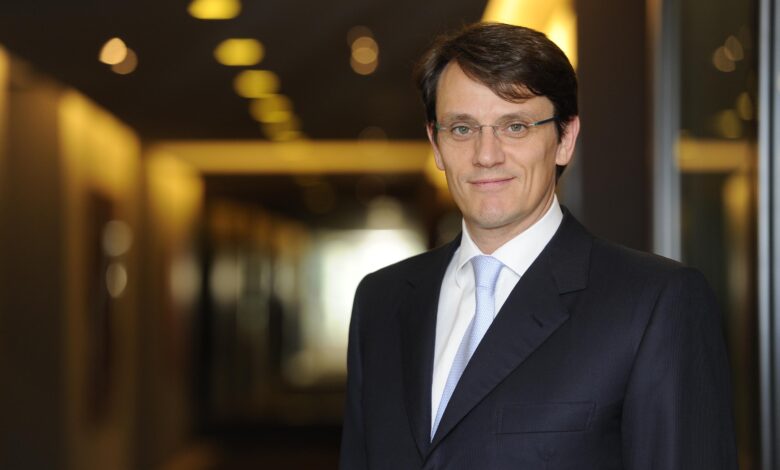Deutsche Bank unveils wealth targets after hiring push in Asia

DEUTSCHE Bank plans to double the assets it manages for rich families in South-east Asia and the Middle East over the next five years, tapping growing ties between ultra-rich clans in both regions, the lender’s global private banking head said.
Prosperous families in Saudi Arabia and the United Arab Emirates are increasingly keen to invest in South-east Asia and Hong Kong, and vice versa, Claudio de Sanctis said in an interview. The firm is allocating resources to the regions after hiring “much more” there than in other areas, he said. Primarily, those hires have come from Credit Suisse.
“This is where we invested heavily,” said de Sanctis, who joined the German bank in 2018 from the Swiss lender. “These two regions are also incredibly interlinked at the moment,” he said. The executive, who also sits on the management board, did not quantify current assets and revenues.
The Middle East and Southeast Asia are growing in importance for private banks since a prolonged property crisis in China and a collapse in capital-market transactions in Hong Kong dimmed prospects there.
The strategy pits Deutsche Bank even more firmly against its biggest rival in private banking, UBS Group, which is targeting growth in many of the same regions under its global wealth head Iqbal Khan.
After buying Credit Suisse for 3 billion Swiss francs (S$4.5 billion) last year in a shock deal brokered by the Swiss government, UBS has widened the gap with rivals to now oversee almost US$4 trillion in client assets globally. By comparison, Deutsche Bank has 606 billion euros (S$880.4 billion) in assets under management.
GET BT IN YOUR INBOX DAILY

Start and end each day with the latest news stories and analyses delivered straight to your inbox.
But the merger has also created an opportunity for rival firms to win money from wealthy clients who had accounts at both Swiss banks and want to diversify. Credit Suisse counted among Deutsche Bank’s closest rivals for more complex, structured lending to the super-rich in Asia.
The Frankfurt-based firm’s private bank loans totaled 261 billion euros, as of March 31, according to an investor presentation. That makes it one of the biggest lending books in the industry globally relative to the size of the overall wealth business, de Sanctis said.
Ultra-rich clients at the bank include those who keep at least 50 million euros with the firm, or clients with assets from 150 million euros and above.
Last year, de Sanctis promoted Marco Pagliara to a newly-created role overseeing emerging markets across Asia, the Middle East and Latin America.
That promotion followed a setback for the bank’s wealth management push in Asia, after Young Jin Yee, a rising star and Deutsche Bank’s Asia-Pacific wealth head at the time, left abruptly for UBS less than six months into the job.
Last month, the German bank trimmed 10 private banking roles in Asia, adding to dozens of cuts in recent quarters as it zooms in on more profitable markets and weeds out underperformers, according to people familiar with the matter.
Still, South-east Asia, India and the Middle East are “strategic drivers” for the bank, Pagliara said, given clients’ desire to move assets across regions amid geopolitical risks.
Lending book
In lending, Deutsche has built a reputation for taking on more complex deals, which can also be more risky.
It accepts a broad range of collateral for its financing from residential and commercial properties to art, aircraft, yachts and direct private equity positions and portfolios, de Sanctis said.
Even with a prolonged high interest rate environment, which under normal conditions sees clients de-leverage, de Sanctis sees an increase in lending revenues and volumes based on the lender’s expertise. He also sees increasing opportunities in financing European assets as interest rates in the Eurozone start to come down.
“Our expectation is that this should be a good year,” he said of the lender’s private bank. BLOOMBERG





